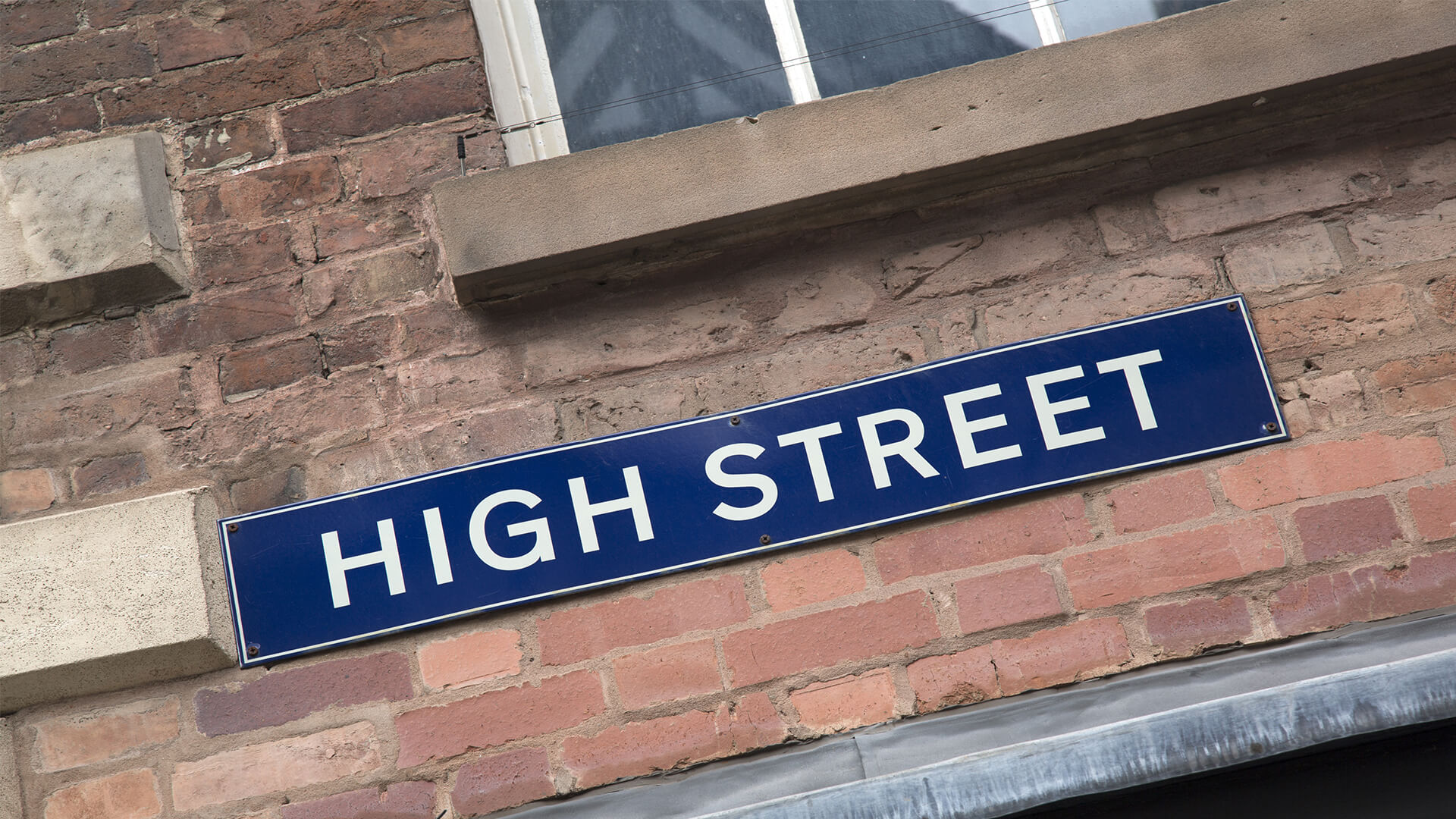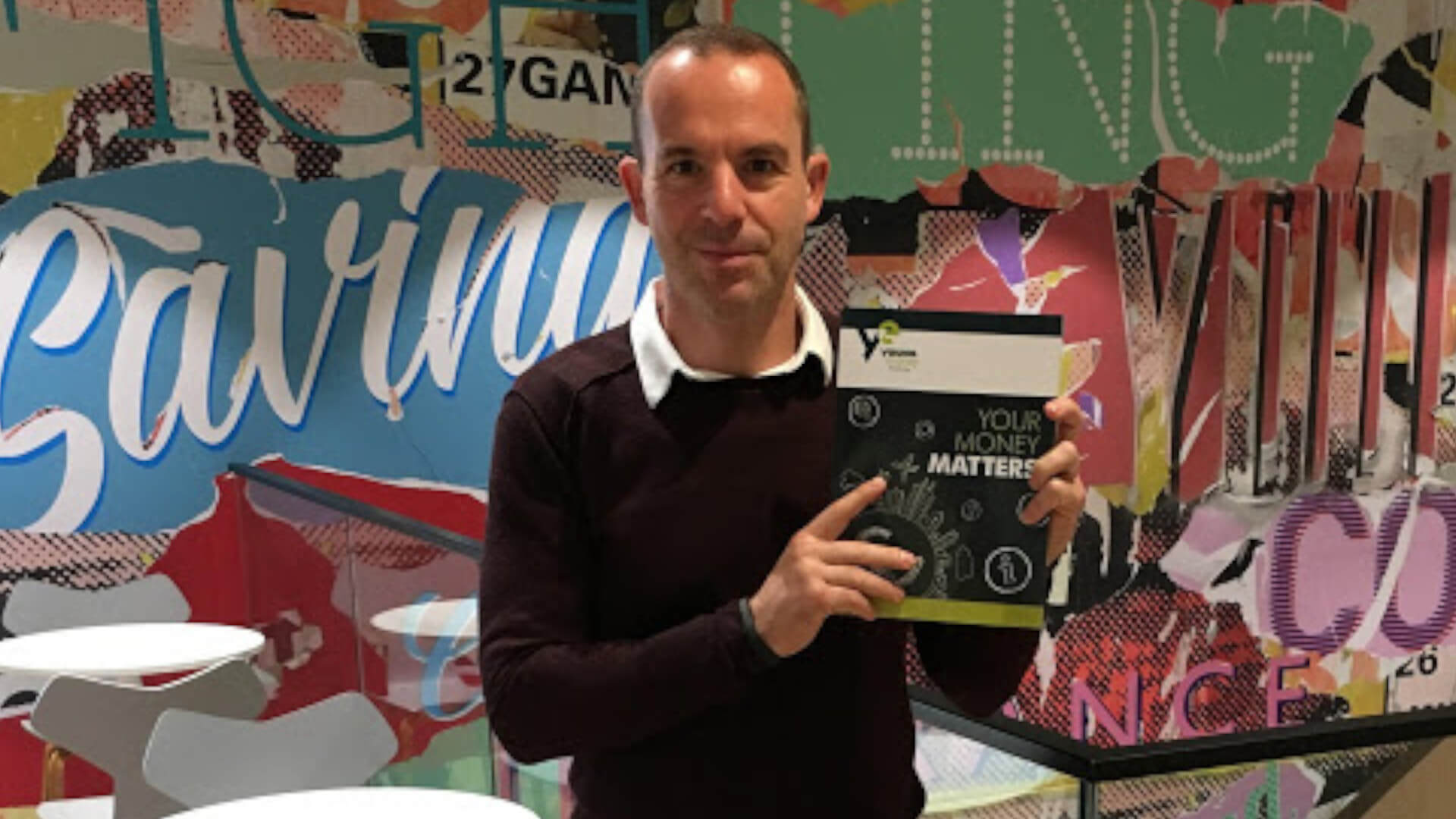New research by KIS Finance has revealed that consumers are worried the high street is going to be lost completely due to the current store closures in the news.
From surveying 1,000 consumers in the UK, KIS unearthed startling findings including:
•61% of Brits are worried the high street will disappear in the next ten years due to recent store closures in the news
•Northern cities have by far been worst hit by store closures
•Food and beverage, value and fashion brands are predicted to be the next victims of the high street
•If local high streets had free parking and easy accessibility, consumers would be more likely to shop in-store
As part of its research KIS mapped out which cities had been hit the hardest by the major store closures of the last year, including those announced already in 2019 such as M&S and Patisserie Valerie. This revealed northern cities such as Leeds and Glasgow had been hit far harder than their southern counterparts. The top cities impacted were:
1.Leeds
2.Glasgow
3.Aberdeen
4.Bradford
5.Cardiff
6.Doncaster
7.Leicester
8.Manchester
By partnering with James Child, Retail Analyst at EG, we can see there doesn’t seem to be any sign of these closures letting up, he says: “It is quite likely that there will be a continuation, if not a proliferation of the negative headlines in retail. The raft of CVA’s and administrations in the sector has culminated in an expected 1,600 store closures across the UK, with over 18 million square foot of prime retail real estate vacated. When we break down the events of 2018 there are some trends which we could well see exacerbated into 2019 – due to fragile trading conditions and economic uncertainty.
There are certain sub-sectors that will face more pressure others. The fallout from the department store will continue at pace, with the future of House of Fraser, and Debenhams in particular should come to a head, a merger quite possible with a reduction of their overstretched portfolios. Food and beverage, value and fashion brands will come under more strain as over stretched markets begin to weed out weaker offers as retail Darwinism bites.”
When asked what would tempt them back to the great British high street, the top answers from Brits were:
•More staff to ensure that the experience is quicker (41%)
•Clearer stock check in store (34%)
•24-hour service so that you can shop at any time (27%)
•Self-checkout service to avoid queues (26%)
After asking consumers what they think the high street will look like in ten years, it seems that consumers are worried that independent stores won’t exist, the below is listed from most likely to least likely.
1.Restaurants
2.Coffee shops
3.Second-hand shops
4.Bars
5.Fast food restaurants
6.Retails chains e.g. department stores
7.Clubs
8.Cinemas
9.Banks
10.Travel agents
11.Independent retailers
Holly Andrews, Managing Director at KIS Finance says;
“With store closures flooding our news-feeds recently, we were interested to find out what the future holds for the high street and how consumers’ shopping habits might affect retailers’ footfall. It is obvious from our research that people do still like going into store to shop, but it just isn’t as accessible as online shopping is.
To save the high street many retailers need to ensure that they are thinking innovatively about how to draw customers in with clearer in-store stock checks, more staff and extended hours during busy periods. The reason why so many retailers are struggling with their stores is because consumer shopping habits are changing and the high street needs to change with it, creating a more community led atmosphere with more accessibility and variety for everyone.”
After surveying Britain’s consumers and finding out what the high street could look like in the future, KIS Finance have collaborated with Sam Edwards, an illustrator from London, to visual these changes.

61% of Brits are worried the high street will disappear in the next 10 years
New research by KIS Finance has revealed that consumers are worried the high street is going to be lost completely due to the current store closures in the news. From surveying 1,000 consumers in the UK, KIS unearthed startling findings including: •61% of Brits are worried the high street will disappear in the next ten […]



Home » Articles » 61% of Brits are worried the high street will disappear in the next 10 years
Sign up to our quarterly newsletter to receive the latest and most relevant updates, interviews and opinions from finance’s leading lights.
Subscribe
View the latest issue of the Wealth & Finance digital magazine which features business profiles of leading industry insiders who are thriving in the finance and investment sector.
See Latest Issues
Maintaining a steady cash flow is pivotal for any flourishing business, and one of the substantial barriers to achieving this is unpaid invoices. When accounts receivable accumulates, it can become a weighty burden that hinders growth and stability.

Aspect is the leading global provider of multi-commodity trade, risk and operations management solutions (E/CTRM) delivered Software-as-a-Service (SaaS) in the cloud. With more than 487 customers in 86 countries, it’s one of the fastest growing solutions with rapid deployment, affordable subscriptions, and immediate ROI for all size companies. Commodities support includes oil, petroleum products, metals, biofuels, coal and petrochemicals. 1605MR13

The first ever financial education textbook to hit Northern Ireland, Scotland and Wales will be rolled out over the next 15 months.

New proposals being discussed by the UK Treasury could see hundreds of thousands of non-residents have their tax-free allowance on their UK earnings taken away.

Opportunities abound for the global asset management industry as the shrinking of the banking sector has thrust asset management to the heart of global capital flows and the pace of regulatory change is starting to ease off, according to a new KPMG report.

Acquisition of Bank am Bellevue receives regulatory approval and successfully closes

When you think about investing, your mind automatically goes to stocks, bonds, bitcoin, and real estate. Although these are all lucrative investment opportunities, they’re not the only things that deserve your money, time, and resources. Some of the world’s wealthiest people are individuals who took the time to invest in themselves first. They realize that when they prioritize their needs and desires, they’re better positioned to work harder and add more value to other financial ventures.

Investments. A broad term that can be used to describe the purchase of a large form of collateral, such as a house or other class of asset. Or smaller item investments can also be used to describe a luxury watch, a prime example of this is when an Air Force Vet purchased a ‘Cosmograph Daytona Oyster Rolex’ back in 1974 for $350, later to find out the exact model is now worth $700,000 in 2020.

The CBI has upgraded its growth prediction for 2015 in its latest economic forecast against a backdrop of lower oil prices and inflation.

Rewarding your clients is a great way for your business to improve customer retention and brand loyalty, as well as help to contribute to the overall reputation of the business. Rewarding your clients doesn’t have to break the bank – in fact, there are plenty of affordable ways in which you can do this if […]












